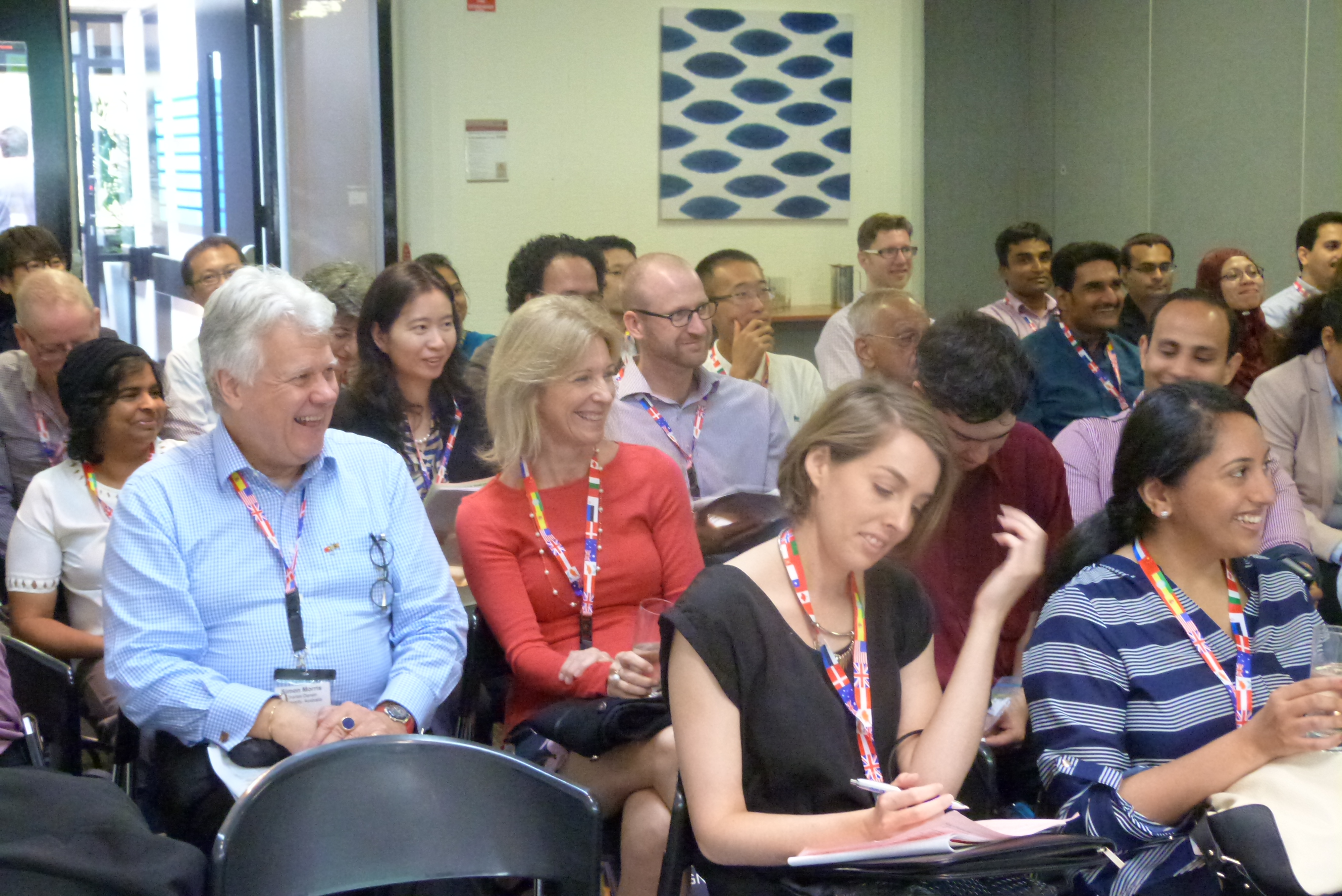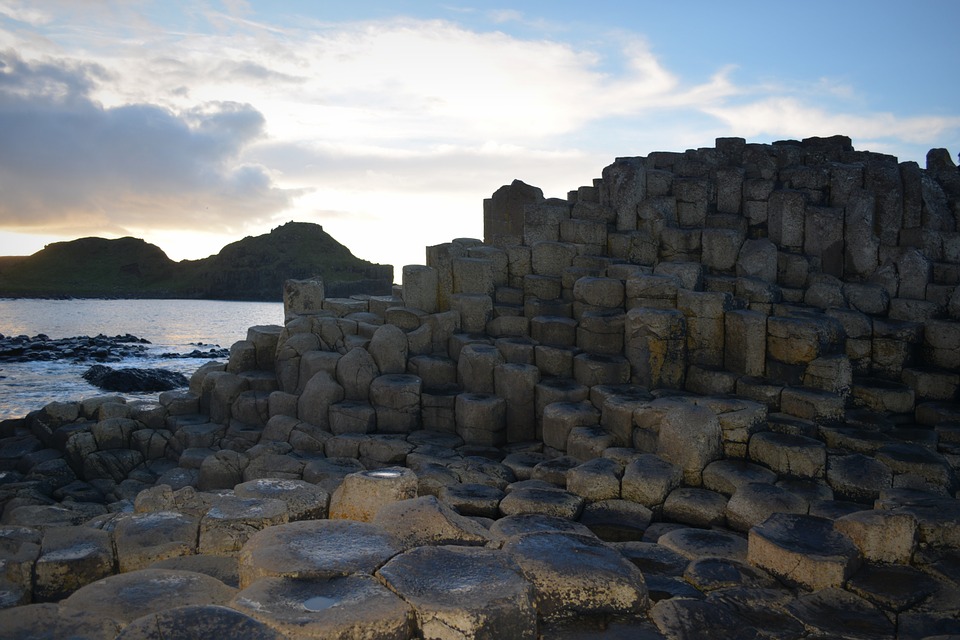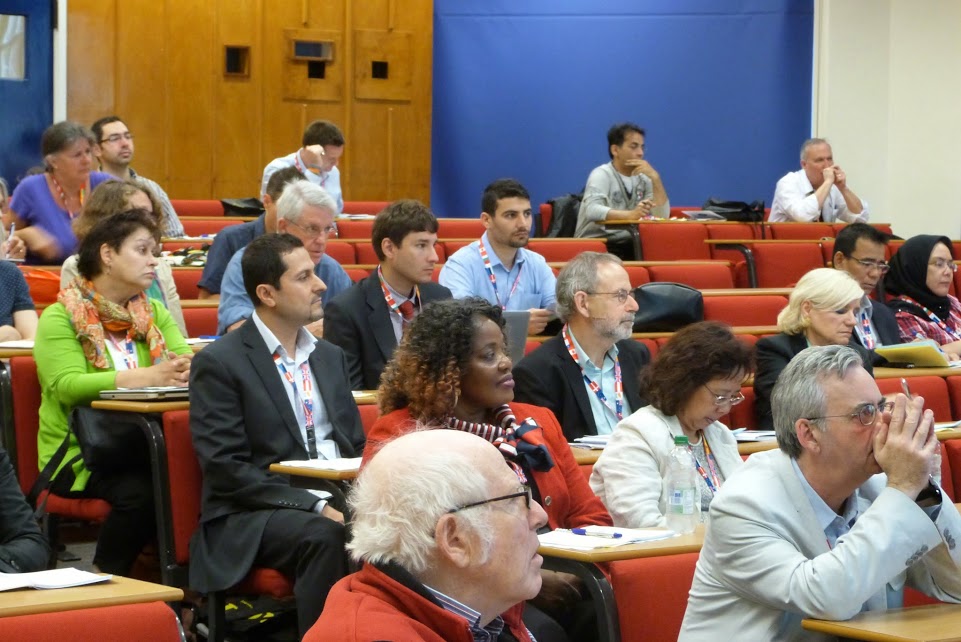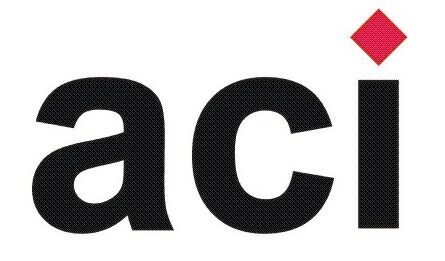Seminars and Workshops
On the day before our Conferences we often offer a seminar or a workshop on a topic related to either research methods or academic publishing to conference attendees. We intend to expand this and ensure that there are two or three seminar/workshop options available before each conference.
If you have a topic on which you would like to offer such a seminar/workshop please be in touch with me at dan.remenyi@academic-publishing.org
Call for Papers
The Electronic Journal of Knowledge Management (EJKM) provides an opportunity for those who are involved in the study; management, development and implementation of knowledge management initiatives to exchange ideas. The editorial board of the journal invites submissions of papers on both the theory and practice of all aspects of knowledge management (KM). The journal is seeking quantitative, qualitative and experience-based papers as well as case studies. Topics may include but are not limited to: Frameworks for conceptualising KM, parameters of the field of study, knowledge creation and sharing mechanisms; knowledge asset valuation models; KM and the Web and e-Business. For more details see www.ejkm.com
ECKM – After the Conference – Exploring “the eighth wonder of the world”
After the European Conference on Knowledge Management (ECKM 2016 ) join us on Saturday the 3rd of September for the “The eighth wonder of the world” tour where we will travel to see the Giants’s Causeway. The Giant’s Causeway is an area of about 40,000 interlocking basalt columns, the result of an ancient volcanic eruption. The tour will also vist Bushmills Distillery, Carrick-a-rede rope bridgend and two castles.
The 17th European Conference on Knowledge Management will take place on 1 – 2 September 2016 at Ulster Univeristy, Belfast, UK. For more details click here

ECISM in the old town of Evora
The European Conference on Information Systems Management (ECISM 2016) will take place in the historic city of Evora. Evora has a well-preserved old town centre, still partially enclosed by medieval walls, and a large number of monuments dating from various historical periods, including a Roman Temple, Evora is a UNESCO World Heritage Site. It is also a member of the Most Ancient European Towns Network.
10th European Conference on Information Systems Management (Formerly the European Conference on IS Management and Evaluation – ECIME) will take place on 8-9 September 2016 at The University of Evora, Portugal. For more details click here

Applying Qualitative Research Methodology in Entrepreneurship Studies before ECIE
Prior to the European Conference on Innovation and Entrepreneurship this year there will be a workshop on Applying Qualitative Research Methodology in Entrepreneurship Studies. In this workshop we will explore multiple ways of applying qualitative research methodology in entrepreneurship studies. We will discuss the key challenges and solutions concerned with how to conduct qualitative research or use mixed methods constructively.
11th European Conference on Innovation and Entrepreneurship will take place on 15-16 September 2016, at The JAMK University of Applied Science, Jyväskylä, Finland.
For more details click here
Video of the Month
This is another video on academic writing but it presents a different take on the subject and it is by a distinguished scholar, Steven Pinker. Pinker is an American cognitive scientist, psychologist, linguist, and author who has a long list of accomplishments in academe. He is also one of the most accessible authorities on producing quality academic text. Pinker focuses in this video on what is loosely called style and shows just how important it really is. He debunks old bad advice and demonstrates how poor some of these approaches have been by the use of amusing examples. One of Pinker’s really interesting ideas is called the Curse of Knowledge which he claims is one of the reasons why academic writing can be so obtuse. Pinker’s basic proposition is simply indisputable and good academic style is essential for those who want to become published academics. This video has lessons for many if not most academics while at the same time being highly entertaining. I hope that most readers will enjoy it as much as I have.
Research Around the World
Su Anson, Maurice Said, Hayley Watson, & Kush Wadhwa,Trilateral Research Ltd, London, UK.
Website: http://trilateralresearch.com/
http://goo.gl/1VdcTR
E-mail: Heyley Watson
Comparative Review of the First Aid AppCommissioned by the Red Cross Global Disaster Preparedness Center (GDPC), the research aimed to understand the impact of the host organization (i.e., national society) on the rollout and uptake of the First Aid App, developed under the Universal App Program. In collaboration with Fraunhofer Institute for Open Communication Systems (FOKUS), Utah State University (USU) and the Asian Disaster Preparedness Center (ADPC), primary and secondary research was undertaken with Red Cross representatives from nine countries. The report outlines the key findings related to the adoption, development and rollout of the First Aid App and provides recommendations to support the further rollout of the app.
Dr Pokkuluri Jiran Sree
Shri Vishnu Engineering College for Women
Vishnupur, Indiaemail: pkiransree@gmail.com
Cellular Automata in Cloud Computing with IOTIn this project, we focus our attention on the integration of Cloud and CELLULAR AUTOMTA-IOT, which is what we Cellular Automtall the CloudCELLULAR AUTOMTA-IOT paradigm. To bridge this gap, in this project we provide a literature survey on the integration of Cloud and CELLULAR AUTOMTA-IOT. Starting by analyzing the basics of both CELLULAR AUTOMTA-IOT and Cloud Computing, we discuss their complementarity, detailing what is currently driving to their integration.
Dr. Danny Glick
Visiting Scholar
Digital Learning Lab,
University of California, IrvineWebsite: click here
email: glickd@post.bgu.ac.il
Short- and Long-Term Educational StrategyTo maximize the impact of new technologies, decision maker and practitioners must shift away from a 19th-century, Industrial-Age to a 21st-century Information-Age paradigm which fosters Any Time, Any Place, Any Path, Any Pace learning. Using Chile’s largest institution of higher education as a case study, the effects of Information-Age learning environments on learning processes and outcomes were analyzed. Latent Class Analysis (LCA) method as a clustering approach of educational data mining was employed to extract common activity features of 8,769 undergrad students taking blended courses spanning from 2012 to 2016. Three distinct classes emerged: High Achievers, Misplaced and Dropouts.
Dr Ahmed Imran
UNSW Canberra, Australia
Email: a.imran@unsw.edu.au
Web: http://www.ictforldc.com/pslp/
eGovernment capacity building and knowledge transfer through onlineThis is built on leveraging our earlier successful work (Imran,A., Gegor, S and Turner, T 2008/2011), which will address a much broader audience with the incorporation of leading-edge technology and educational pedagogy. The aim is to facilitate good governance through sustainable, culturally tailored online e-government knowledge portal for developing countries.
Adnan Aftab Nizamani
Universiti Teknologi Malaysia, Malaysia
website: click here
email: adnan.aftab11@gmail.com
Optimizing the behavior of water-based drilling fluids using nano-micron composite materialThe objective is to improve the rheological and shale inhibition characteristics of water-based drilling fluids (WBDF) in drilling oil and gas wells at elevated bottom hole temperature. Oil-based drilling fluid results the problems of poor emulsion stability, affect well logging and not environmental friendly. Conventional WBDF deteriorated at elevated temperature and resulted unstable behavior of drilling fluids. Therefore, scientist attracted towards the use of nano-material in the drilling fluids. Nano-materials dispersed in the drilling fluids and improve its thermal and plugging properties. In this project, polymer (macro)-metal oxides (nano) composite materials are synthesized and used to improve the performance of conventional WBDF.
Dr Konstantina (Dina) Martzoukou
iSchool – Aberdeen Business School
The Robert Gordon University, Aberdeenemail: k.martzoukou@rgu.ac.uk
website: click here
International Summer School on Information Know-HowThe Information Literacy Group (CILIP) is pleased to support an international summer school on information know how on the beautiful island of Corfu. Participants will be able to develop their expertise in key information literacy techniques all amongst the stunning scenery and rich culture of this popular Greek isle:http://ionianwebinars.gr/summer-school/
Julie Watson, Andrew Davey, Charlotte EveritteLanguages, University of Southampton, UK
Email contact: C.E.Everitt@soton.ac.uk
Website link : click here
Prepare for Pre-sessional: the student learning experience on an online courseThis on-going research focuses on exploring the student experience on a five week online course in English language development for international students who need to improve their academic reading and writing skills in preparation for study in the UK. This ‘ready-to-go’ online course can be licenced by institutions to be tutored by them and delivered to their own students. Online tutor training and course content including assignments is included.
Dr. Kelly La Venture, Lisa Kittleson, and Hanna Moher,Marketing Assistance and Research Solutions,
Bemidji State University, USA
To see MARS website click here
To see GWNF website click here
Email: Kelly La Venture
An Exploratory Study to Understand the Skills Gap in the Bemidji Area CommunityThe skills gap is real. Organizations in the Bemidji area community need job candidates who have the essential skills and abilities to fill open and needed positions. Then, upon hire, candidates can use these essential skills and abilities to immediately make a productive contribution to the organization. The George W. Neilson Foundation recognized this gap and partnered with MARS to interview local business leaders. Through the interview process, MARS researchers collected information from leaders in fourteen sectors. Data collected helped to identify the gap between the skills employees need to be effective in their jobs and the actual skills possessed by job candidates and employees who work in Bemidji area organizations.
John Suler,Science and Technology Center,
Rider University, USA
To see website click here
email: John Suler
Cyberpsychology ArchitectureThis research explores “cyberpsychology architecture” as an interdisciplinary model for understanding and designing digital environments. How people react to a particular online environment depends on how that particular environment is constructed from the eight fundamental dimensions of cyberpsychological architecture. These dimentions include: identity (presentation of self); social (relationships and groups); interactive (human computer interaction); text (long and short forms of text communication); etc. The history of the internet has taught us that the power of cyberspace is its potential to isolate, minimize, enhance, manipulate, and combine these dimensions in surprisingly unique and useful ways.
Dr. Broto Rauth BhardwajEntrepreneurship, Innovation & Technology management Cell,
Bharati Vidyapeeth University, New Delhi
email: Broto Rauth Bhardwaj
Strategic Alliance between emerging, developing and developed countries: Circular Economy Model (CEM) for sustainable growth opportunitiesThe purpose of the research project is to find the role of sustainable technologies, process and capabilities for creating sustainable solutions for present day problems including economic growth, challenges for inclusive education, pollution, business growth and social inclusion others.The research will value add to the existing literature by development a sustainable circular economic model.We are looking forward to collaboration with the other research organisations for furthering the cross country research sustainable circular economic c model.
Dr. Susan Crichton University of British ColumbiaDr. Lilian Vikiru Institute of Educational Development
Aga Khan University
To see website click here
email: Susan Crichton
email: Lilian Vikiru
Leapfrogging Pedagogical Challenges: Using Appropriate Technology to Foster Innovations in Literacy for the Knowledge AgeThis two year funded research introduced the Maker Movement to educators in rural Tanzania. A tangible result of the project was a resource in both English and Swahil.
Dr Hamadoun I. Touré
Secretary-General, International Telecommunication UnionTo see websiteclick hereemail: Kim Andreasson
Digital Divides: The New Challenges and Opportunities of e-Inclusion“Twenty-five years after the introduction of the Internet, more people around the world are offline rather than online. Given the opportunities of a digital society, it is time to reassess old challenges to bridge the access gap and analyze emerging concerns towards greater e-inclusion. I’m pleased that Kim Andreasson, as an e-government adviser to the United Nations for more than a decade, helps to raise awareness of these issues and I am confident that the information contained within this volume will help to further bridge digital divides.”
Dr. Chris FlahertyUniversity of Wollongong, Australia
To see website click here
email: Dr. Tony Green
Behavioural Model for Terrorist TTPs (Tactics, Techniques, and Procedures)A model of individual behaviour used for simulation of terrorism within populations. Drawing from psychodynamics, and terrorism literature, to identify linkages between people’s personalities, beliefs and interactions; with individuals, groups and society. Based on interactions between various traits in the dimensions that determine the behaviour for an individual, within a population simulation.
Eric Legale and Matteo SattaIssy Média, France
To See website click here
email: Matteo Satta
Issy-les-Moulineaux and ISEP: fostering R&D to boost innovationThe City of Issy-les-Moulineaux has recently settled a collaboration with the prestigious schoolsISEP and Ecole des Ponts but also with the CNRS to foster Open Innovation. This settlement has represented an important event for the City as both organizations have soon started collaborating on different events and planning common interest activities.
Danilo PiaggesiManaging Director, FRAmericas
To see website click here
email: Danilo Piaggesi
Monitoring progress in deployment of science, technology & innovation for the United Nations sustainable development goal n. 17FRAmericas is implementing U.N.SDG17 in the area of “ICT for development”, developing baseline data for selected target indicator;constructing a database to collect, verify and register activities of governmental and non-governmental organizations; creating an open platform to which registered organizations can access and contribute their inputs to the monitoring process.
Prof. Srikanta Patnaik,
SOA University, Bhubaneswar, Odisha, IndiaTo see website click hereemail: Srikanta Patnaik
Nature Inspired Computing for Optimization and ManagementThe aim of Nature Inspired Computing is to develop new computing techniques after getting ideas from nature’s behavior. It is a computing system operated by population of autonomous entities surrounded by environment. This computing has a repository of local behavior rules, which are crucial to autonomous entity and capable of learning. These techniques are applied in science, engineering, as well as economics and management.
